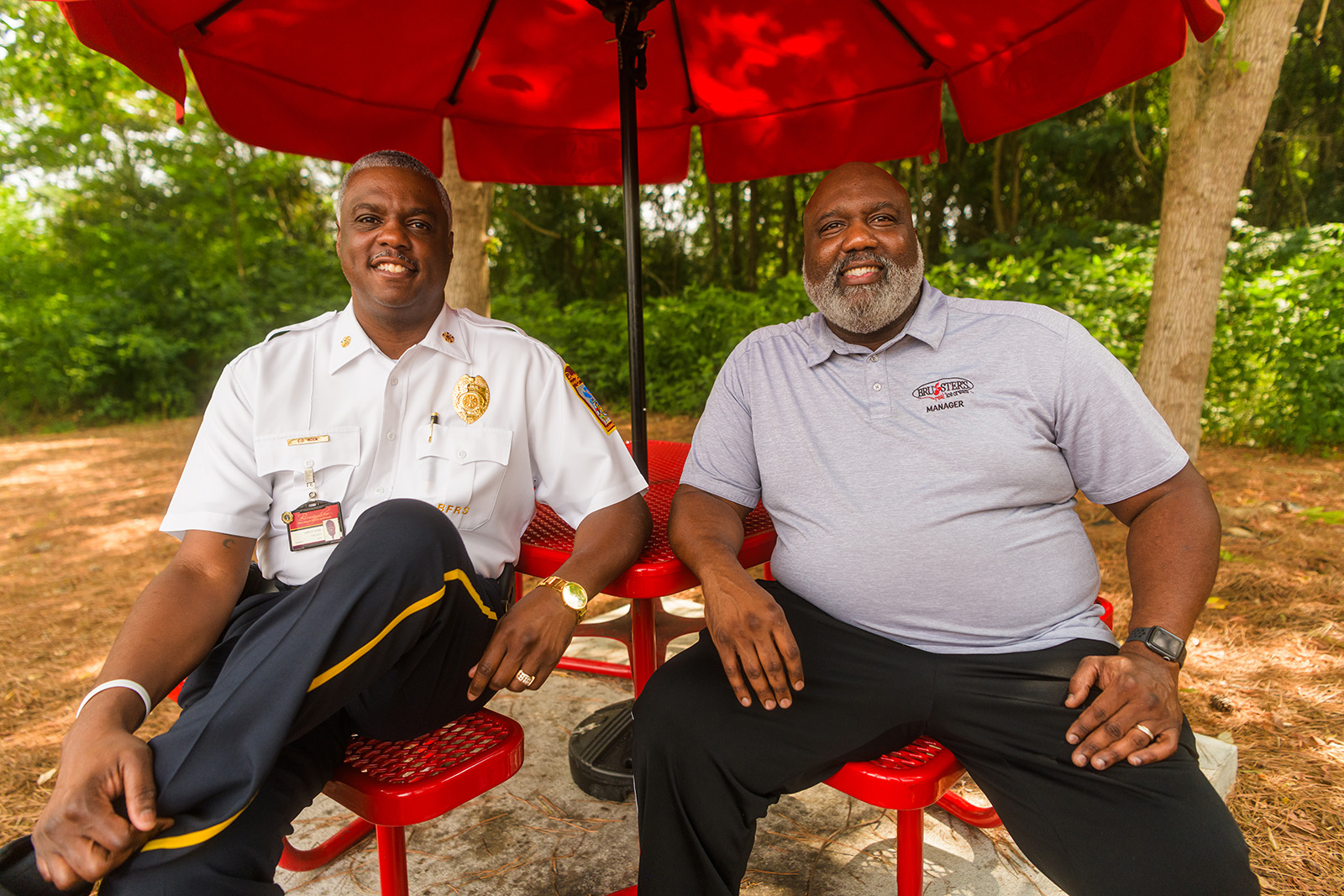How a Ukrainian boy with cancer and his mother survived the Russian missile attack on a children’s hospital
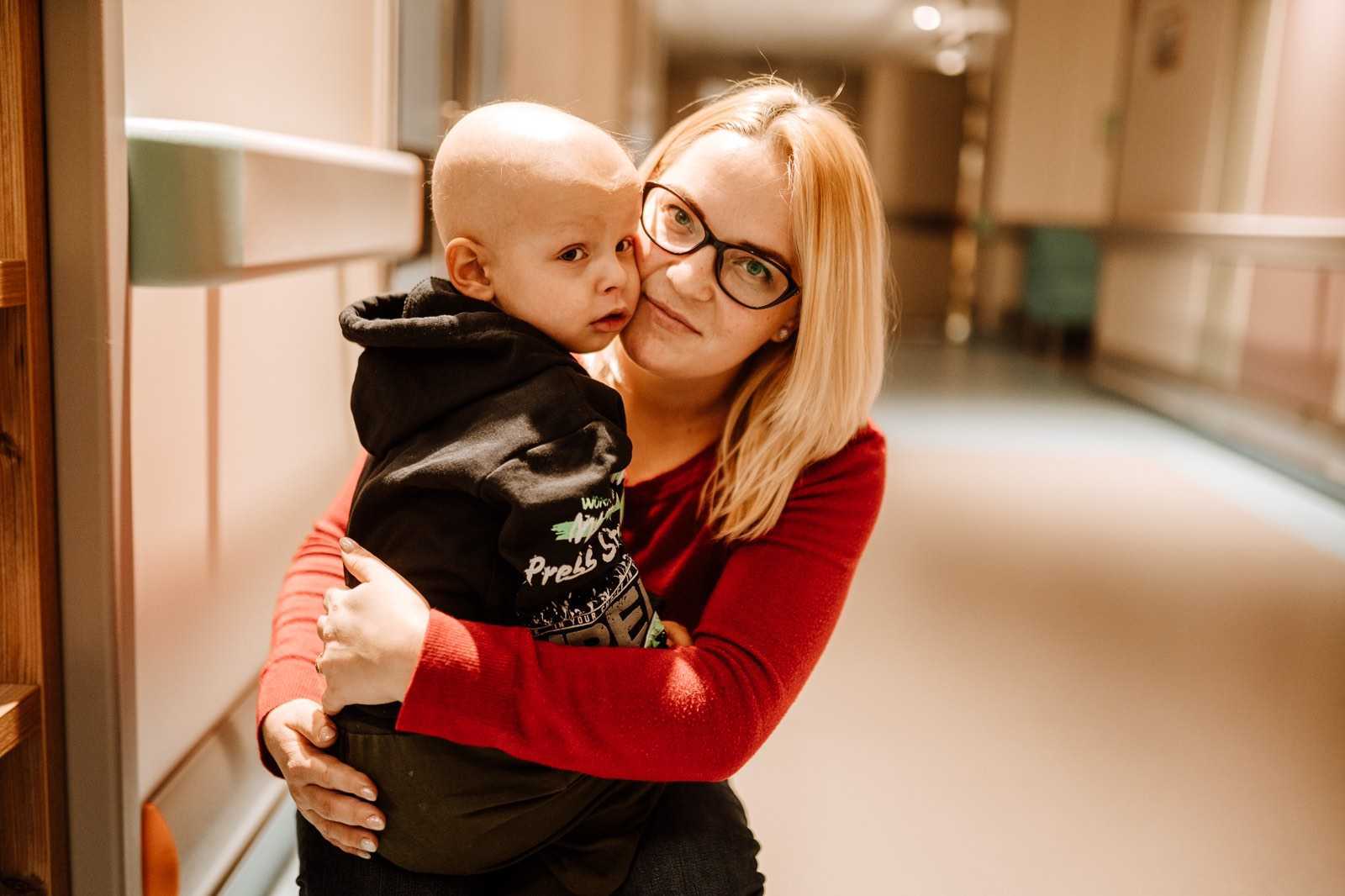
On the morning of July 8, at around 10:30 a.m., just minutes before a Russian missile hit Kyiv’s largest children’s hospital, four-year-old Dima Dorontsov was waiting in the oncology department with his mother, Viktoria Zavoloka, for his last dose of chemotherapy.
He has spent much of his life in hospitals. After spending nearly two years at the modern Okhmatdyt Hospital, where he was treated for abdominal cancer, he called it home. Most of the 15 or so other children around him were already hooked up to their drug dispensers, which slowly released life-saving chemicals into their blood.
That’s when they heard in the distance the first sound of an explosion from Russia’s recent massive missile attack on Kyiv and other Ukrainian cities that killed 33 people and injured 121, Zavoloka told the Kyiv Independent. Then, she said, they heard a closer bang that set off car alarms nearby.
Another nearby blast shook windows just after nurses asked parents to dress the children, who were still in shorts and pajamas. Dima and other patients who could walk walked into the hallways with their caregivers.
“After that, all the department head could say was: ‘Let’s disconnect the children from the power grid and take them to the home’ – and the main blow had already been struck,” said Zavoloka.
“Everything was shaking. Children started screaming. Some started crying. The windows were blown out,” she said.
While nurses rushed to separate all the children from the medication machines, Zavoloka got some water for Dima, his documents and two tiny blankets. Together with the other patients, they took the stairs down to the basement. Zavoloka remembers how frightening it was to see shattered glass and smoke and hear the sound of sirens.
Quiet Kiev district hit by Russian mass attack
Editor’s note: Kyiv Mayor Vitali Klitschko said on July 9 that nine people were killed in the building in the Syrets district after a Russian missile attack the previous day. On a Monday morning, Nataliia Fedorenko and her mother were lucky to survive their daily routine: walking their dog in
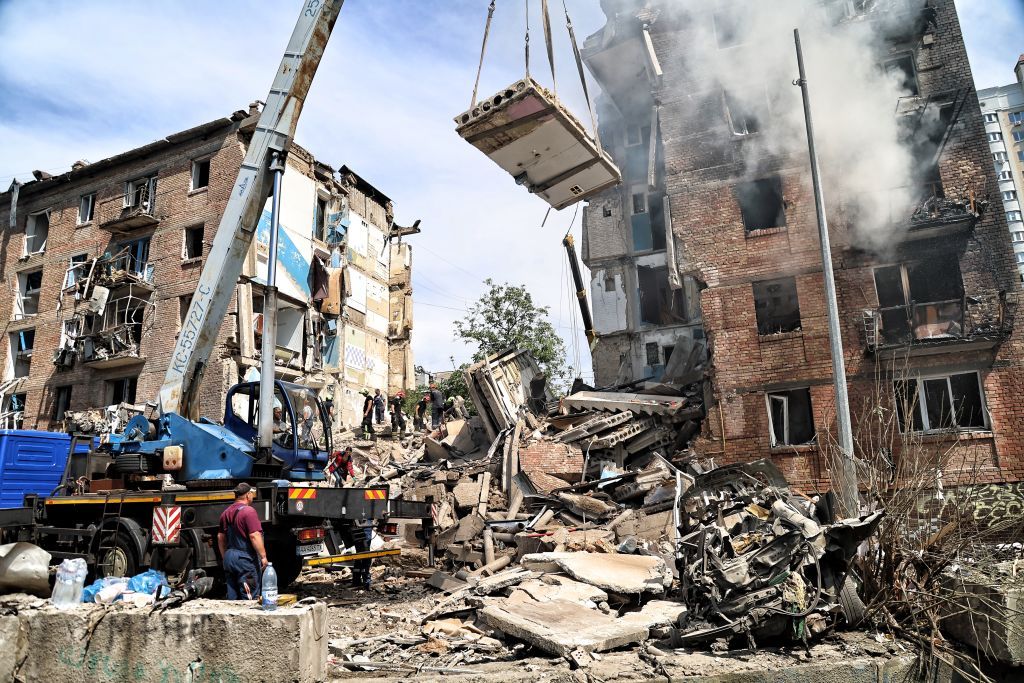
“It was dark, stuffy, there was dust everywhere,” she said. But the worst thing for her was the blood she saw on the floor as they went down the stairs.
“You could see that someone had walked there bleeding and people’s footsteps had smeared the blood,” she said.
Below, over a hundred people crowded into an underground part of the hospital. Frightened children cried next to nurses, doctors, nurses and visitors. The smoke made it difficult for them to breathe, while a woman’s voice alerted them over the loudspeaker: “Attention, there’s a fire in the building.”
“I could see the fear in Dima’s eyes, but he behaved so well and didn’t cry,” Zavoloka said.
Children being treated for cancer typically have to avoid contact with other people because their immune systems are severely weakened by the treatment. With the exception of the immobilized children, who Zavoloka said were taken directly outside after the attack, most of the cancer patients gathered in the underground corridor and were exposed to more human contact than many of them have experienced in months.
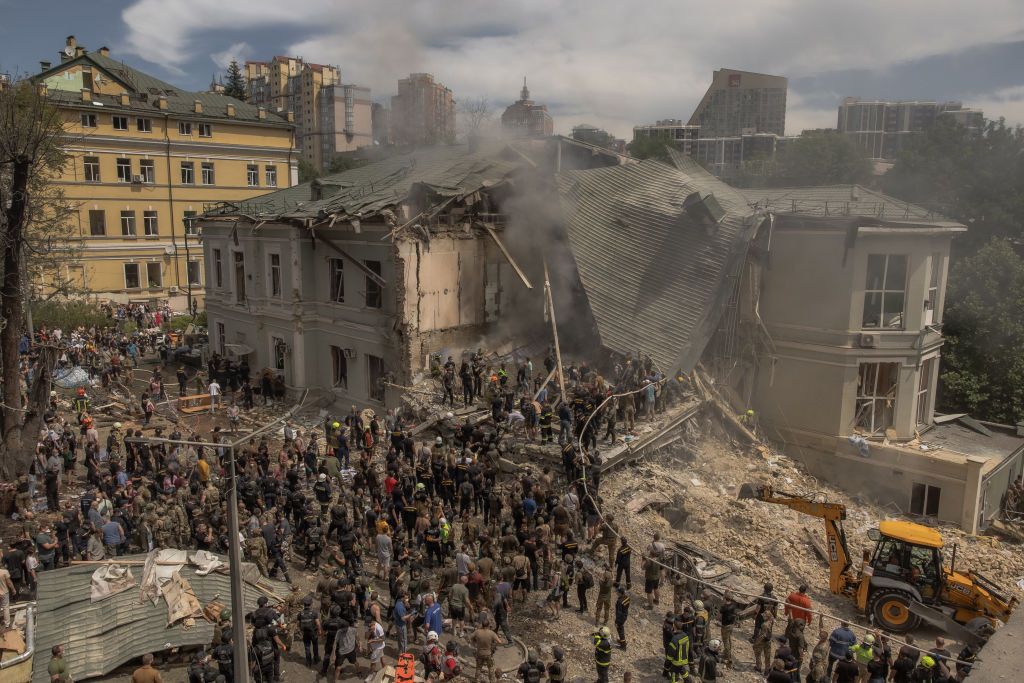
Fearing that waiting in a crowd for another possible strike might be more dangerous for the children than going outside, parents and nurses at the cancer ward decided to try to go elsewhere.
Only a few minutes later, they were sitting outside the hospital wall with other patients and saw many ambulances, police officers and firefighters rushing past them and a large column of smoke building up. That’s when Zavoloka began to understand what had happened.
“At first we all thought the missile had been intercepted and the debris had landed somewhere on the (hospital) grounds,” she said. Once they were outside and their cellphones were reconnected to telecommunications networks, cellphones around them “started ringing like crazy.”
Shortly afterwards, the children, who were being treated for cancer, were taken to a newly built air raid shelter.
“So now you start to relax, try not to cry and answer all the messages,” Zavoloka said.
The air raid siren had now ended. Some parents went back to the cancer ward to get essentials for the children, such as telephones and medicines.
How Russia broke through Ukrainian air defenses and attacked a Kyiv children’s hospital
Russia carried out one of its deadliest attacks on Kyiv on July 8, killing 33 people and wounding 121 others. Residential buildings and medical facilities were damaged, with a Russian missile hitting Ohkmatdyt, the country’s largest children’s hospital. However, instead of evidence of any attack, there is evidence…
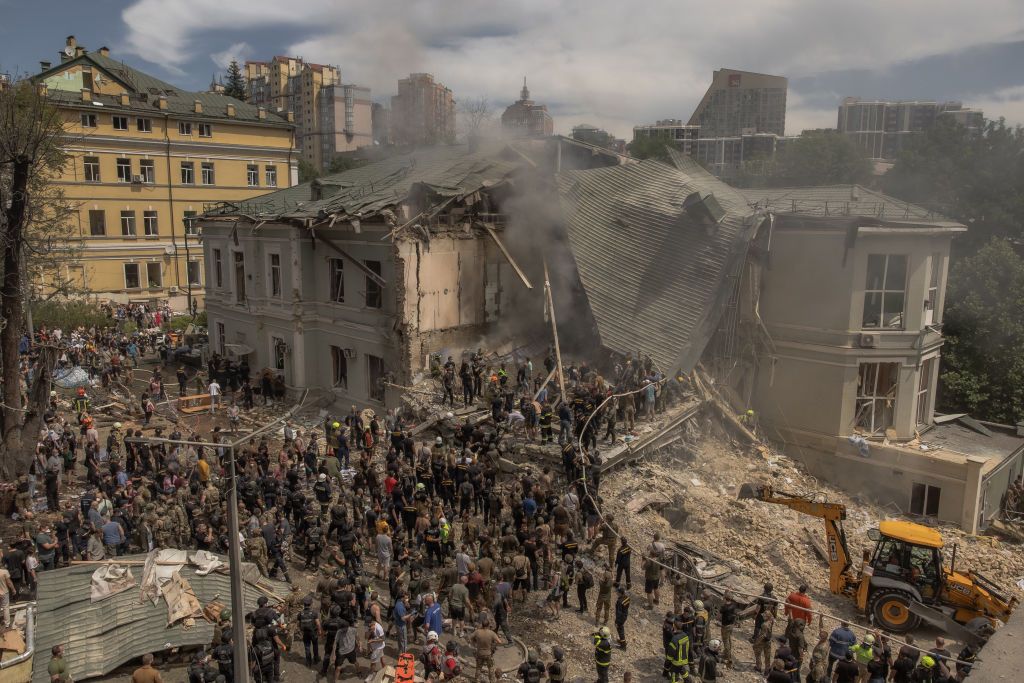
Zavoloka took on the task of cleaning the blood from the leg of a girl named Kira, whose mother had gone back to get her medication. Kira was one of the weaker patients on the ward. She had been injured by the broken window glass on her bed as her doctor was disconnecting her IV at the moment of impact.
“You sit next to this child, wipe the blood off her and think, ‘Why? Why did this have to happen to our children who are already fighting for their lives every day?'” Zavoloka said.
Even though she wiped her hands afterwards, Zavoloka said the smell of blood remained in her nose until she returned home with Dima late that evening.
But some of Okhmatdyt’s patients, such as Dima and Kira, who were in the middle of complex treatment, could not simply evacuate Ukraine’s most modern children’s hospital even after it was bombed by Russia, for fear of a rapid deterioration in their condition without appropriate medication.
So the doctors and nurses searched through the smoke and dust around the remaining hospital buildings for the most important medicines and medical equipment. Piece by piece, they dragged the items into the shelter and began hooking Kira and other patients in critical condition up to medication vending machines.
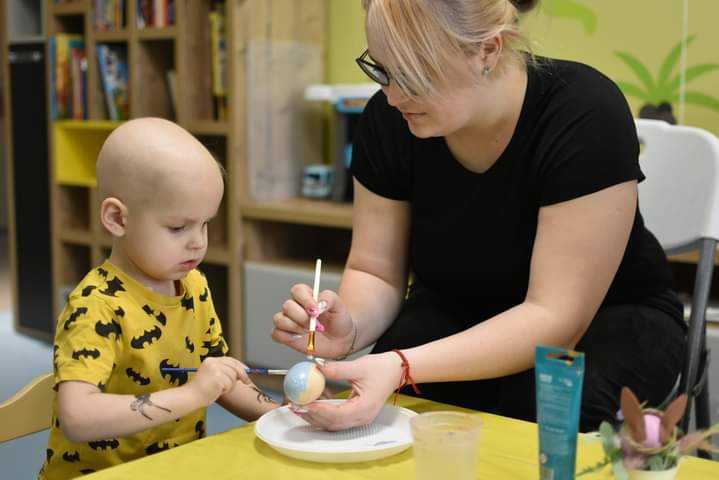
Zavoloka said at the time that she and other parents still hoped to return to the ward soon.
“We had not yet seen the damage with our own eyes at that time and did not know that half of the toxicology building had been blown apart, including all the windows,” she said.
When they regained internet access on their mobile phones, they learned of the extent of the damage from images on Telegram and Ukrainian news portals. Unlike an older building of the hospital, which partially collapsed, the new building housing the cancer ward suffered window panes and facade damage, but the structure remained intact.
Fortunately for Dima, who was also hooked up to the home’s medication vending machine after the strike to receive his final dose of chemicals as part of the current round of treatment, he was allowed to go home afterwards.
At around 4 p.m. that day, Dima and his mother were picked up by Dima’s father, who had driven for hours in a neighbor’s car from their village in Zhytomyr Oblast.
Dima was one of 465 children temporarily discharged from Okhmatdyt. According to a statement from the Ukrainian Health Ministry, 94 children were urgently transferred to other hospitals in Kyiv after the attack. Another 68 patients remained in Okhmatdyt for further treatment.
“I want the Russians to feel it for themselves”: Shock and anger at the site of the attack on the children’s hospital
Nurse Olesia Filonenko was preparing for the first operation of the day at the Okhmatdyt Children’s Hospital in Kyiv when she heard explosions “somewhere far away.” “Then in a second everything was blown away,” she told the Kyiv Independent. “Dust, smoke. We were all blown out of the operating room…”
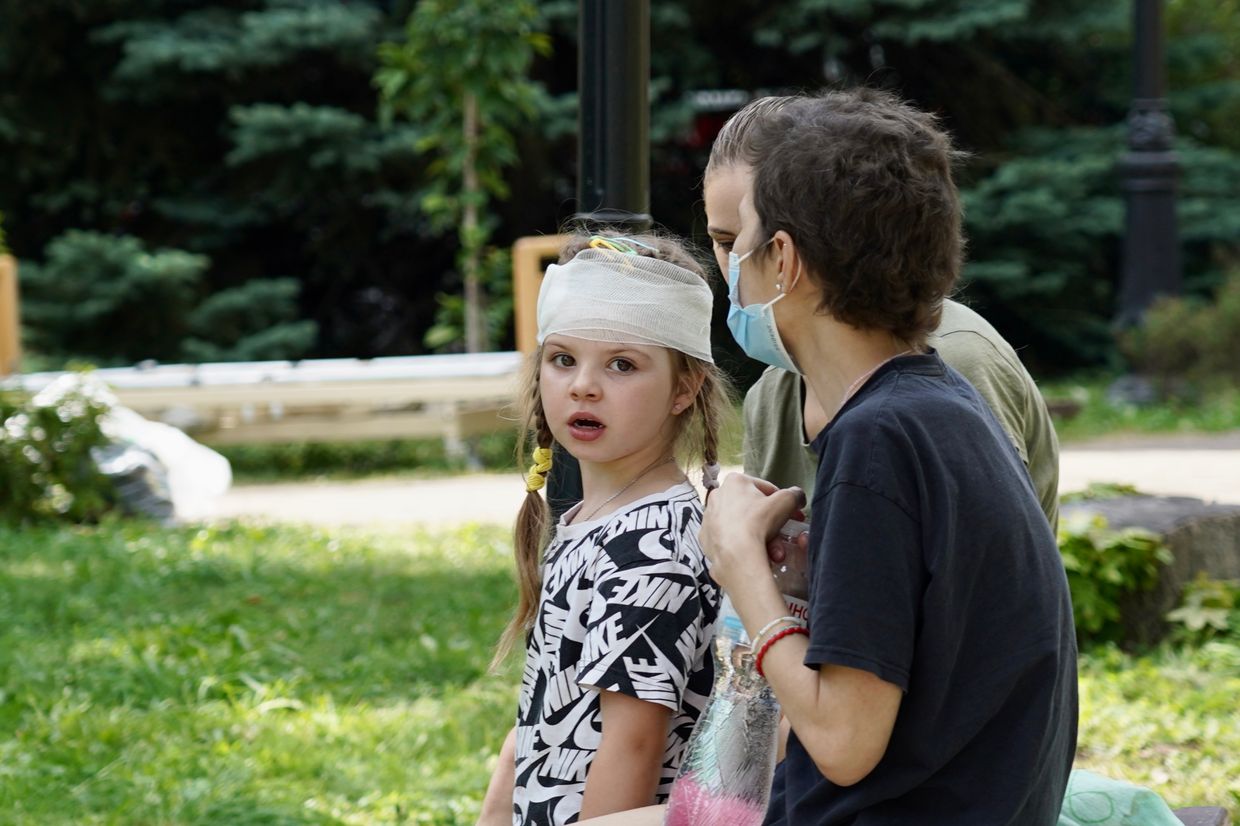
According to Ukrainian Health Minister Viktor Lyashko, a boy died in a Kyiv hospital on July 10 after being evacuated from the Okhmatdyt intensive care unit.
A few days later, in the comfort of her own home, Zavoloka is gradually coming to terms with the shocking experience and, like many other parents of Okhmatdyt patients, is anxiously looking for ways to continue Dima’s treatment.
“It is unclear when Okhmatdyt will be restored,” she told the Kyiv Independent in a telephone interview, as Dima’s cheerful shouts rang out in the background.
“Maybe he’ll be unwell next Monday and then we might have to figure out where to get him treated,” she said.
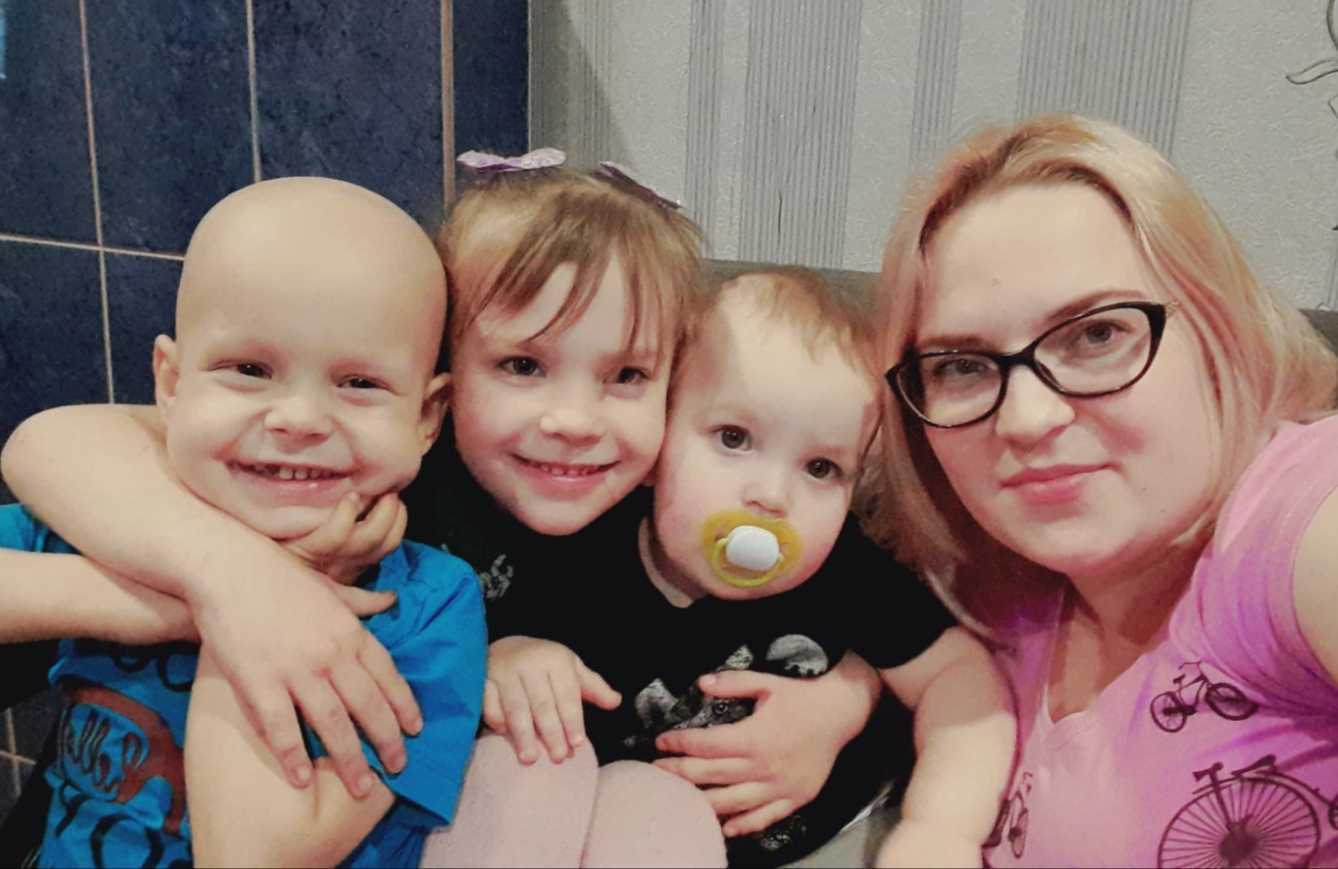
Zavoloka was contacted by the Ukrainian charitable foundation Tabletochki, which regularly supplied expensive medicines to Dima and many other children with cancer who were being treated in Okhmatdyt.
“We continue to help them as usual,” said Yuliya Nohovitsyna, the foundation’s representative. “As before, we buy unavailable medicines, pay for diagnostic tests, buy special food and accommodate families from other cities in rented apartments.”
As she said in a statement to the Kyiv Independent, the foundation is in contact with Okhmatdyt doctors, other hospitals currently accepting its patients, and the patients’ parents to discuss the possibility of evacuating the children abroad for further treatment.
According to Nohovitsyna, requests from parents for treatment of their children abroad within the framework of the SAFER Ukraine initiative have increased significantly in recent days.
But Zavoloka hopes that opportunities will arise to continue treatment for Dima in Ukraine, where he has been happily playing with his older sister and younger brother since returning home after the attack. He tells his relatives that he “saw the blood and the rocket.”
“It seems he was not affected by it, but he understands and remembers everything. Now he is overjoyed that the doctor let him go home and is distracted by it,” Zavoloka said.
But between phone calls with Dima’s doctor, communicating with parents of other children being treated for cancer, and the responsibility of caring for all three of her children, Zavoloka keeps thinking back to the moment the Russian missile hit the grounds of Okhmatdyt Hospital.
“I keep wondering what would have happened if the rocket had hit just 50 meters closer to the new building,” she said, looking at the hospital’s main complex.
“Would we be lucky then? Would Dima even be able to walk after that and would my other children ever see their mother again?”


